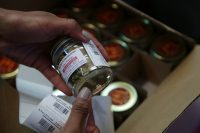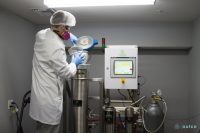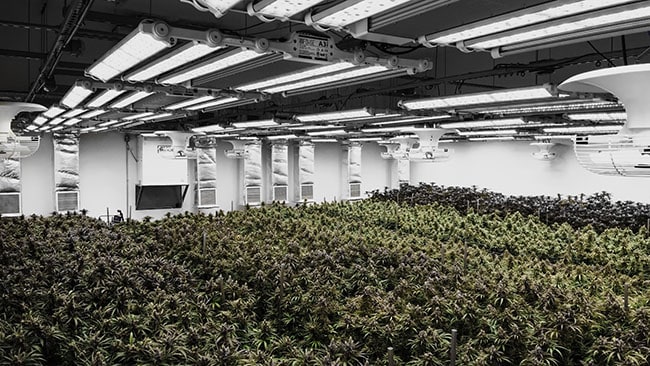A years-long dispute over a cannabis cultivation license is headed to the Illinois Supreme Court as Curative Health Cultivation LLC and Medponics Illinois LLC battle over a license to grow cannabis for the state’s medical and adult-use markets, according to an NBC Chicago report.
Curative, which is based in Aurora, Ill., and owned by multistate cannabis operator Columbia Care, won the cultivation license in 2015, lost it following a dispute in a lower court and ultimately won it back on appeal, NBC Chicago reported.
Medponics wants to establish operations in Zion, Ill., and has been backed by the city in its bid for the license, according to the news outlet.
The license could potentially be worth $100 million, NBC Chicago reported, and the arguments in the case focus on the vetting process used to issue the initial cultivation licenses in 2015.
Medponics has argued that although Curative received the highest score on its application, it should have been disqualified because its operations would be too close to a residential area, according to NBC Chicago.
In lower court, Judge Michael Fusz sided with Medponics in a 2017 lawsuit, ruling that the state did not properly apply state law when awarding the license to Curative, the news outlet reported. However, Fusz also said in his ruling that the license should not necessarily go to Medponics, which received the fifth highest score on its application.
Fusz’s ruling was partially overturned when an appeals court later ruled that the zoning issue was more complicated than the lower court found, and the license was reinstated with Curative, NBC Chicago reported.
The Illinois Supreme Court is now expected to take up the case in early 2021.





